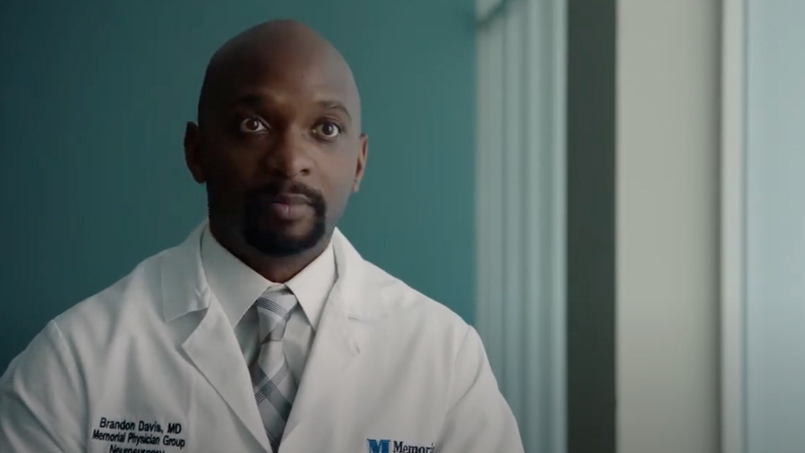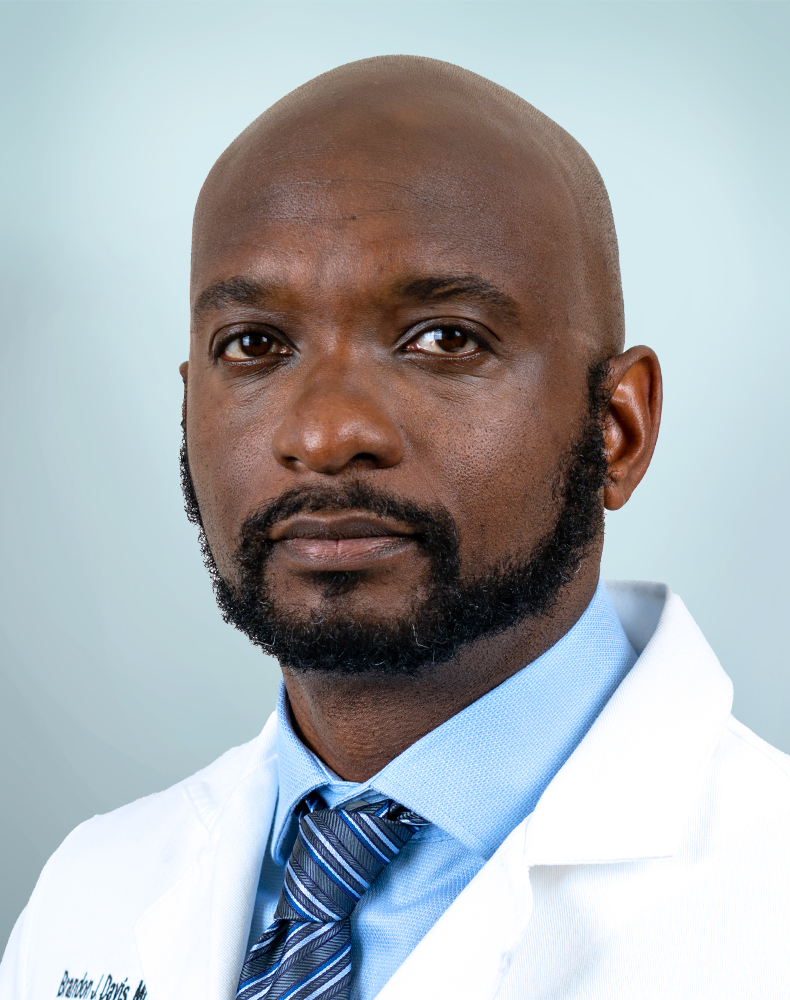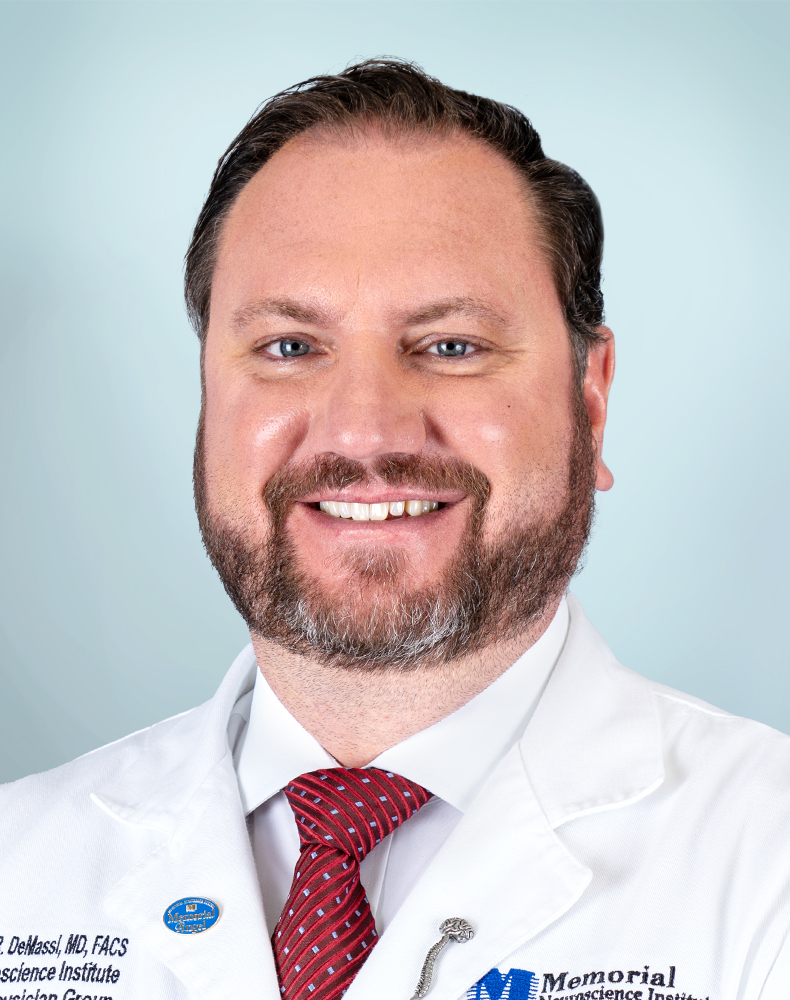
Brain Tumor Surgery
We offer sophisticated surgical procedures and excellent outcomes for brain tumors.
When precision matters most, our neurosurgeons use their vast experience to remove brain tumors while protecting surrounding tissues.
Our Approach to Brain Tumor Surgery
Brain tumor care often requires a team of specialists. The team assesses all treatment options and works with you to choose the best strategy. For many non-cancerous (benign) and cancerous (malignant) brain tumors, surgery is the preferred treatment.
The goal of surgery is to remove the tumor without affecting nearby tissues. This precise approach helps preserve crucial functions, such as language, thinking and movement.
Neurosurgeons perform most brain tumor surgeries. For skull base tumors in or near the ear and nose, neurosurgeons often partner with head and neck surgeons (otolaryngologists).
In some cases, surgery isn’t an option, or it’s not possible to remove the whole tumor. That’s when team members from Memorial Cancer Institute can provide alternate therapies, including:
Learning you or a loved one has a brain tumor can be overwhelming. Finding the right team can make all the difference in your care journey. At Memorial Healthcare System, you’ll find specialists who focus on you and keep your needs at the forefront of care.
Types of Brain Tumor Surgery
There are several ways to perform brain tumor surgery. Surgeons plan their strategy based on the type, location and size of the tumor and your overall health.
The main types of brain surgery include:
A craniotomy involves removing a section of the skull to reach the brain and tumor. Although it’s an open surgery, surgeons use targeted approaches to reduce complications and provide better results.
Techniques we use to improve the precision of brain tumor surgery include:
- 3D brain mapping before surgery to determine the tumor’s location in the brain and plan the best way to reach it
- Intraoperative imaging to provide GPS-like navigation during surgery
- Small openings (even for large tumors)
- Surgical microscopes to see the fine details of the brain
- Special lights to help the surgeon see the tumor edges
- Tiny tools to carefully separate the tumor from surrounding tissue and remove it
Awake Craniotomy
Most of the time, you’re asleep during brain tumor surgery. But if a tumor is near an essential part of the brain, we may perform surgery while you’re awake.
In this procedure, the neurosurgeon stimulates brain tissue around the tumor while monitoring your responses. This process helps identify important brain areas to avoid when removing the tumor.
Read more about awake craniotomy.
Brain Tumor Embolization
In some cases, it’s helpful to treat a tumor before surgery to seal off its blood supply (embolization). This step reduces bleeding during surgery and makes the tumor easier to remove. Our neurointerventional surgeons perform embolization from inside the blood vessels.
Learn more about neurointerventional surgery.
An endoscope is a thin, lighted tube with a camera and tiny tools. We use it to perform minimally invasive pituitary tumor surgery. In this procedure, we insert the endoscope through your nose to remove the tumor.
Find out more about pituitary tumor surgery.
Stereotactic radiosurgery is a type of radiation therapy we use when we’re not able to remove a tumor surgically. At Memorial, radiation oncologists perform stereotactic radiosurgery with the help of neurosurgeons to plan their approach.
CyberKnife® is a sophisticated device with a robotic arm that delivers a narrow, focused beam of radiation to target the tumor. There are no incisions, and you typically recover quickly with few side effects.
Recovery After Brain Tumor Surgery
Your care continues after undergoing brain surgery and may include:
Our neurocritical care unit features highly trained doctors, advanced practice providers and nurses who monitor you after surgery. They identify and treat issues right away to help you heal as fast as possible.
Brain tumors and their treatment can damage the brain and affect your ability to do everyday activities. Neurorehabilitation can help reverse that damage and improve your quality of life.
You may start rehabilitation in the hospital and continue after discharge. Memorial Rehabilitation Institute offers a wide range of therapies personalized to your needs. Your care may include:
- Animal-assisted therapy
- Music therapy
- Occupational therapy
- Physical therapy
- Recreational therapy
- Speech therapy
Some brain tumors have a risk of coming back after surgery. If that’s a concern for you, our specialists will follow you on an ongoing basis. These routine visits and imaging tests help us find and treat recurring tumors early.
Brain Tumor Surgery: Why Choose Memorial Neuroscience Institute?
Patients and families come to us for accurate brain tumor diagnoses, second opinions and advanced treatment options. As a leading health system in the region, we offer:
- Surgical expertise: You receive care from fellowship-trained neurosurgeons. These physicians excel in removing simple and complex tumors while protecting brain function. Our team also features skilled anesthesiologists. They deliver medications to keep you asleep (or awake for awake craniotomy) during surgery.
- Commitment to quality: Your neurosurgeon is part of a larger group of neurosurgeons that meets routinely to discuss cases and review treatment plans. They share their knowledge and experience to improve surgical safety and success.
- Hair-sparing techniques: We rarely shave patient’s heads when performing brain tumor surgery. When we do, we shave a small area that’s usually unnoticeable.
- Timely appointments for new diagnoses: We offer same-day appointments for people with new brain tumor diagnoses so we can start planning treatment right away.
- Help navigating care: Navigators are available to you and your family to help ensure a streamlined care experience. They provide guidance, answer questions and help you work through any issues that might arise.
- Personalized approach: We customize surgery to your unique condition and take time to help you understand what to expect before, during and after surgery.
- Exceptional cancer care: Memorial Cancer Institute offers first-class cancer care, including advanced treatments and supportive services. As part of the multidisciplinary cancer team, our neurosurgeons help decide when surgery is the right treatment.














